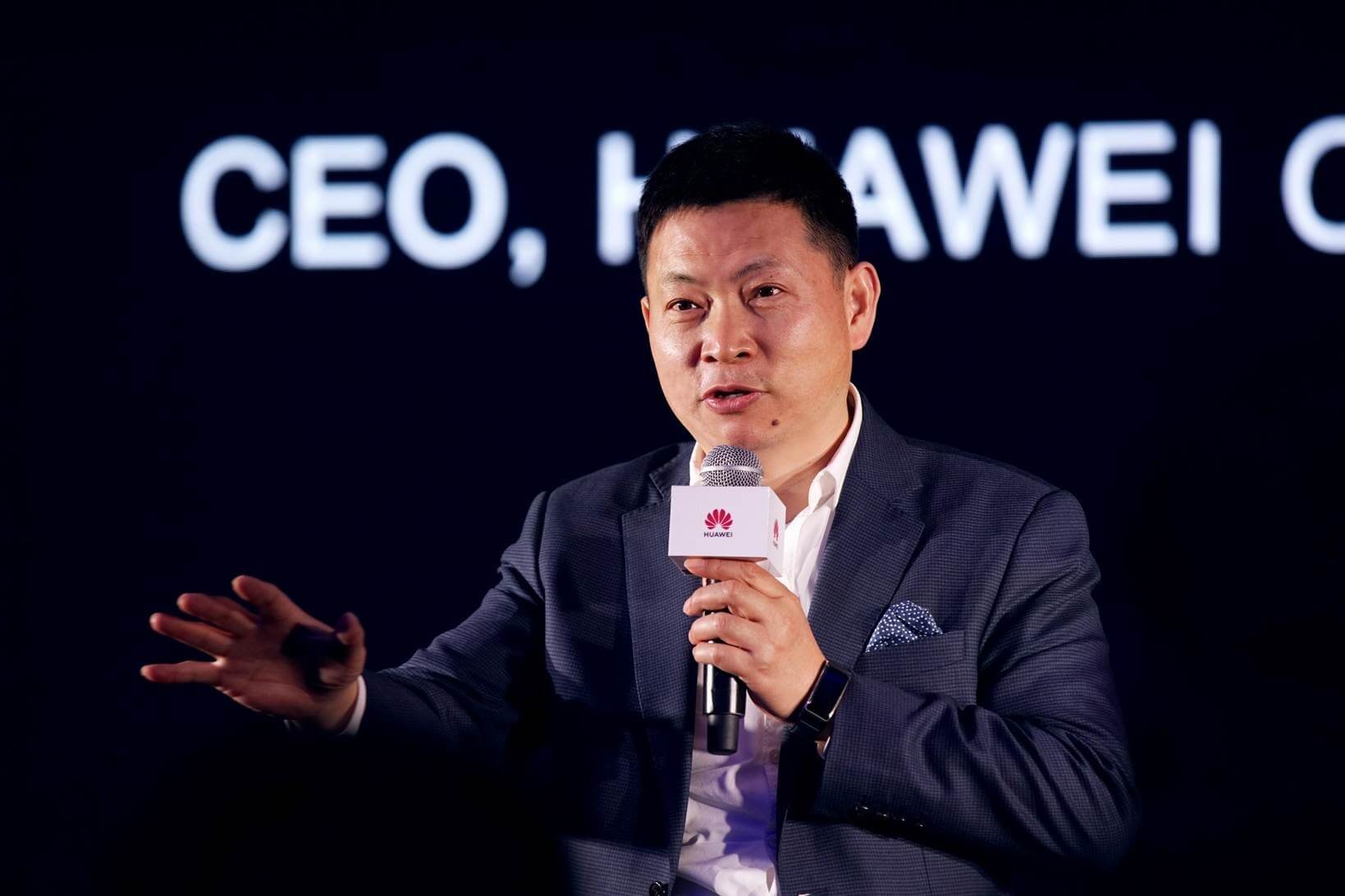Why it matters: While some Huawei executives have been downplaying the company's OS efforts, we might be in for a surprise reveal that could make the Android world even more fragmented than it already is. It's hard to imagine Hongmeng OS overtaking Android anytime soon, but the Chinese company behind it has a good reason to pursue that dream at all costs.
If you haven't been living under a rock, you know very well that Huawei has been busy forging an in-house mobile operating system. The company has been sending mixed messages to the press in terms of how viable it is as a replacement for Google's Android. What we do know for sure is that Huawei isn't keen on replacing a well-supported ecosystem with one of its own for obvious reasons, such as a loophole that so far has allowed U.S. companies to continue to do business with the Chinese phone maker.
A new report that comes from China's state-run Global Times says Huawei's project has been prioritized inside the company and may be ready for a reveal. The company will hold its annual Developer Conference in Dongguan later this week, and that's where we'll see the first devices powered by the mysterious Hongmeng OS.
Company executives have been hyping up the upcoming line of Honor-branded smart TVs, which are said to be the first Hongmeng-powered products to hit the market. Interestingly enough, China's Global Times also mentions a 2,000 yuan ($288) smartphone as one of the stars that will showcase the new OS, despite previous statements from Huawei executives that it would be destined for the Internet of Things.
As is the case with such reports, take it with a grain of salt. That said, the Global Times claims Hongmeng OS is akin to Google's Fuchsia, itself an ambitious project to replace Android with a more modern operating system. Huawei's new OS is supposedly built around a microkernel and designed to adapt to various form factors and use cases like self-driving cars and remote medical services.
The report says Huawei's been testing a compatibility layer that would be essential for running Android apps, as well as custom, hardware-level encryption that would put it on par with Apple's iPhone in terms of privacy protections. If all goes well, the device could ship alongside the Mate 30 series later this year.
To put things in perspective, Huawei could be doing what Samsung's been trying for years with its Tizen OS, which has yet to prove even a modest success. It might use low-end and mid-range devices as a test bed for Hongmeng OS, and unlike Samsung it has a real incentive to accelerate those efforts. The future of its smartphone business depends on it.
